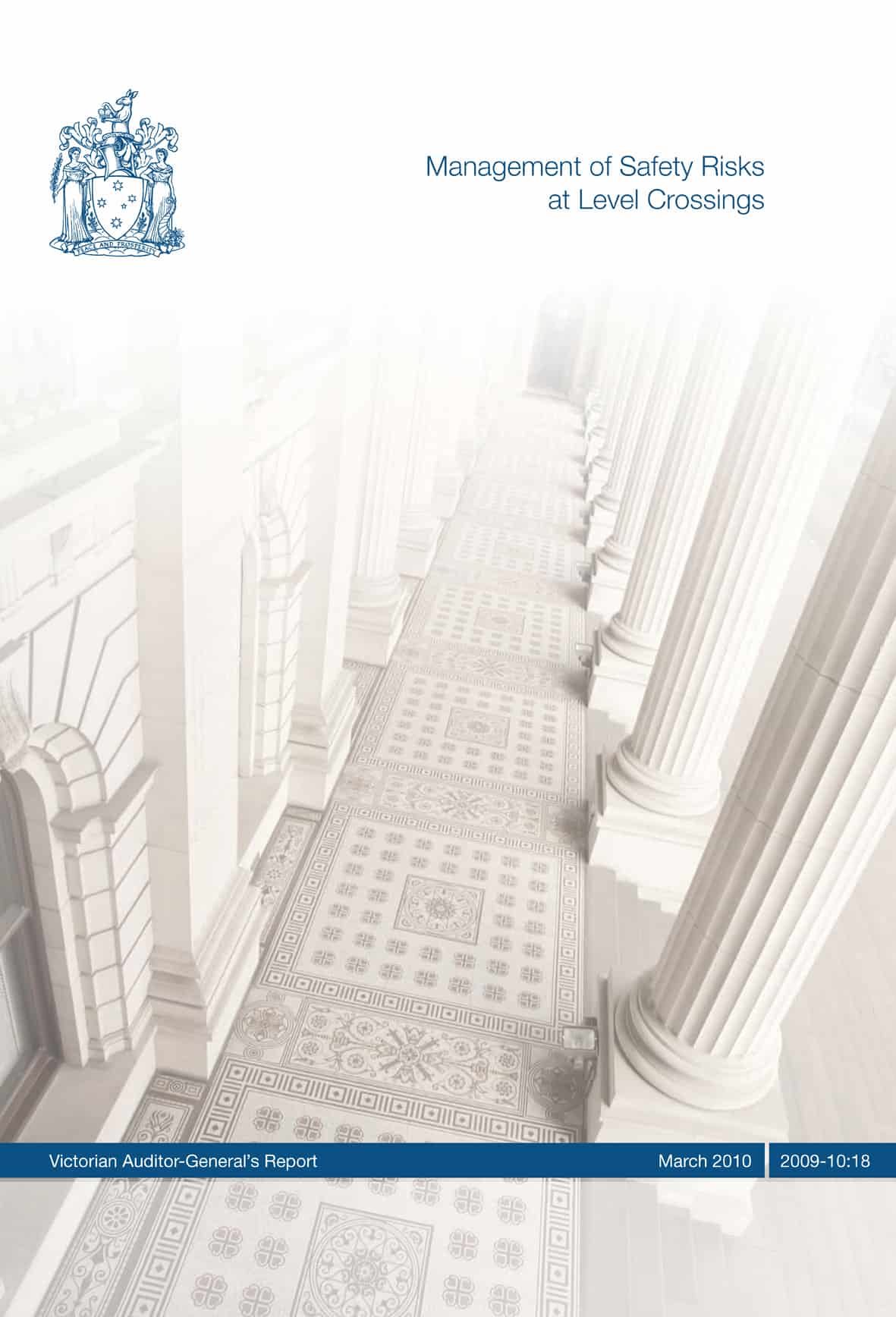In April 2010, the Australian Government is busy negotiating a new health reform package. It is likely that the next stage of the reforms will be in the Australian Senate which brings Nick Xenophon into the negotiations. On 21 April 2010, The Australian reported Xenophon saying:
“…he had “an open mind” on the deal brokered by the Prime Minister yesterday but wanted to ensure it had a strong emphasis on preventative health, which was the ultimate “test of the health system”.”
Senator, Nick Xenophon, provides a good example of how personal ideals cross social boundaries and professional disciplines. His focus on the prevention of harm covers public safety and workplace safety illustrates the interconnection that an ethical stance can bring social issues that are governed under different laws and expectations. Continue reading “How revolutionary could the Work Health and Safety Act be?”


